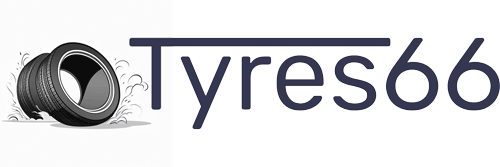Run Flat Tyres 235/35 R18
Upgrade your vehicle’s safety with Run Flat Tyres in the size of 235/35 R18. These tyres offer extended mobility up to 80 km/h even on a puncture, providing you with peace of mind during your journeys. Shop now and experience the benefits of Run Flat Tyres!
Overview of Our Run Flat Tyres 235/35 R18
Products are affiliate links to Amazon.co.uk
Run Flat Tyres 235/35 R18
Introduction
Run flat tyres, also known as self-supporting tyres, are specifically designed to allow a vehicle to continue travelling safely for a limited distance after a puncture. The 235/35 R18 size is a popular choice for sports cars and high-performance vehicles.
How do Run Flat Tyres Work?
Run flat tyres have a reinforced sidewall that allows them to maintain their shape and support the weight of the vehicle even after a puncture. This means that the tyre can continue to bear the weight of the car, even with a complete loss of air pressure. As a result, the driver can continue driving the vehicle at a reduced speed for a limited distance, usually up to 50 miles.
Advantages of Run Flat Tyres 235/35 R18
- Increased safety: Run flat tyres allow drivers to continue driving to a safe location, rather than being stranded on the side of the road.
- Convenience: No need to carry a spare tyre or change a punctured tyre on the side of the road.
- Improved handling: Run flat tyres are designed to maintain their shape, even with a loss of air pressure, which provides better handling and stability compared to traditional tyres.
- Cost-effective: Although run flat tyres are more expensive than traditional tyres, they can save money in the long term by eliminating the need for a spare tyre and reducing the risk of damage to the vehicle.
Disadvantages of Run Flat Tyres 235/35 R18
- Ride comfort: Run flat tyres have stiffer sidewalls, which can result in a harsher ride compared to traditional tyres.
- Limited distance: Run flat tyres can only travel a limited distance after a puncture, typically up to 50 miles. This means that drivers must immediately find a safe location to change the tyre or have it repaired.
- Repairability: Run flat tyres are more difficult to repair and may need to be replaced if damaged.
Conclusion
Run flat tyres 235/35 R18 offer increased safety and convenience for drivers of high-performance vehicles. However, they do have some drawbacks, such as a harsher ride and limited distance after a puncture. Ultimately, the decision to use run flat tyres should depend on the driver’s individual needs and preferences.
